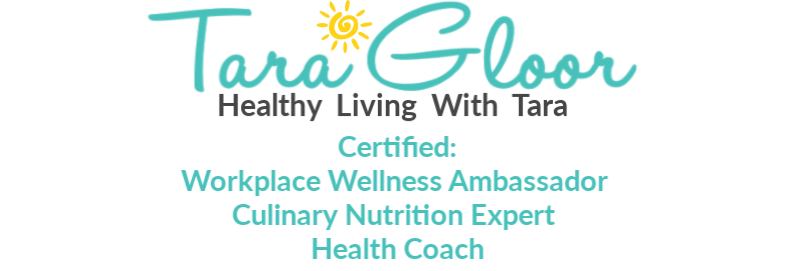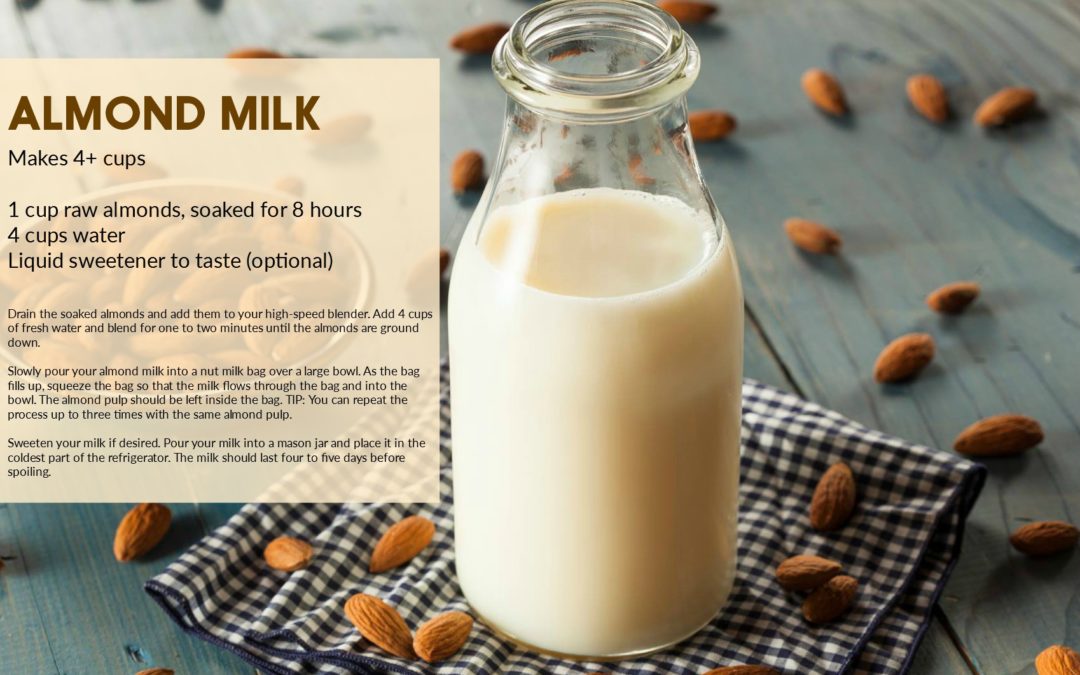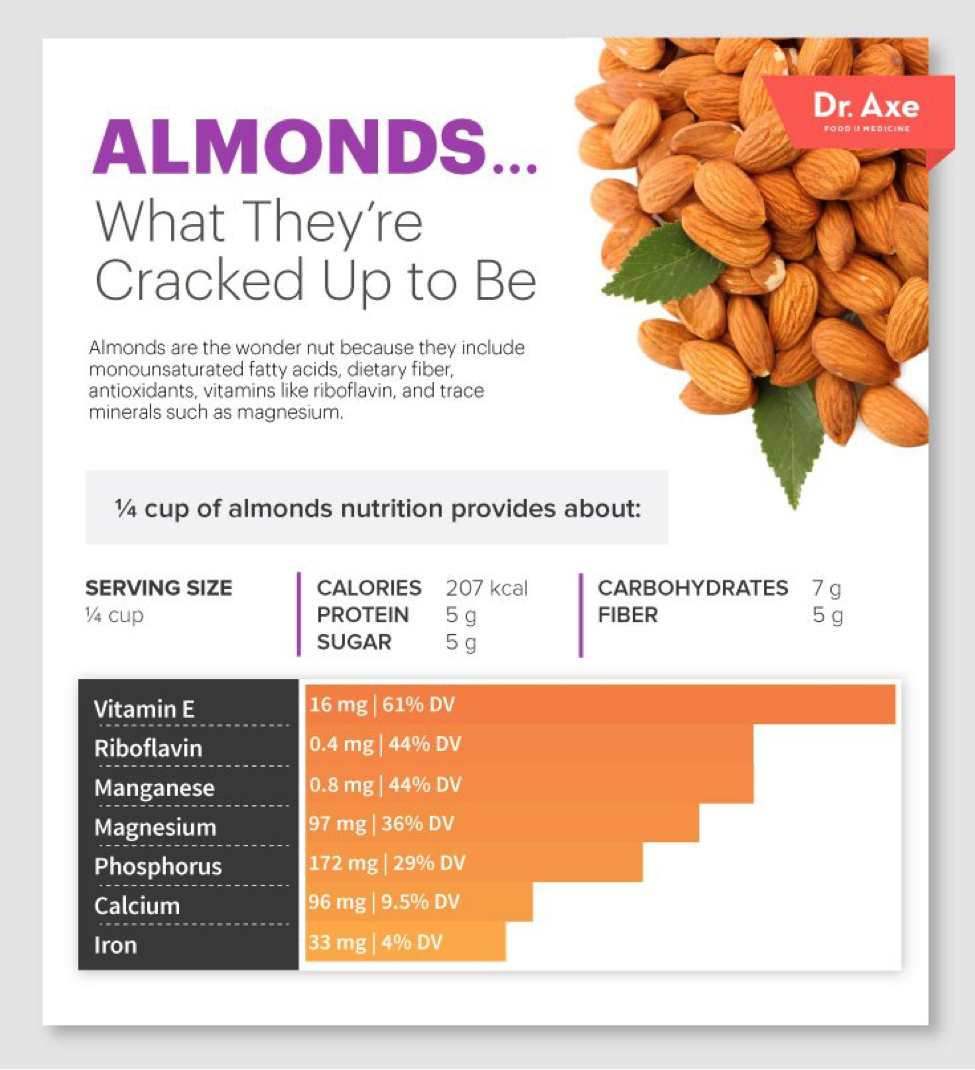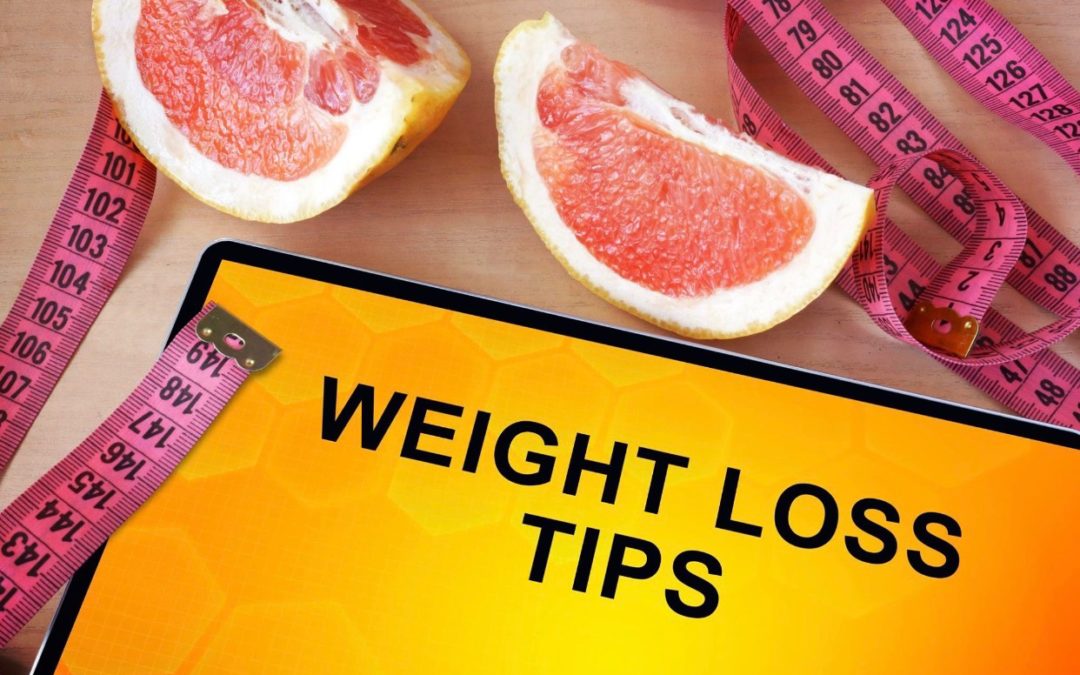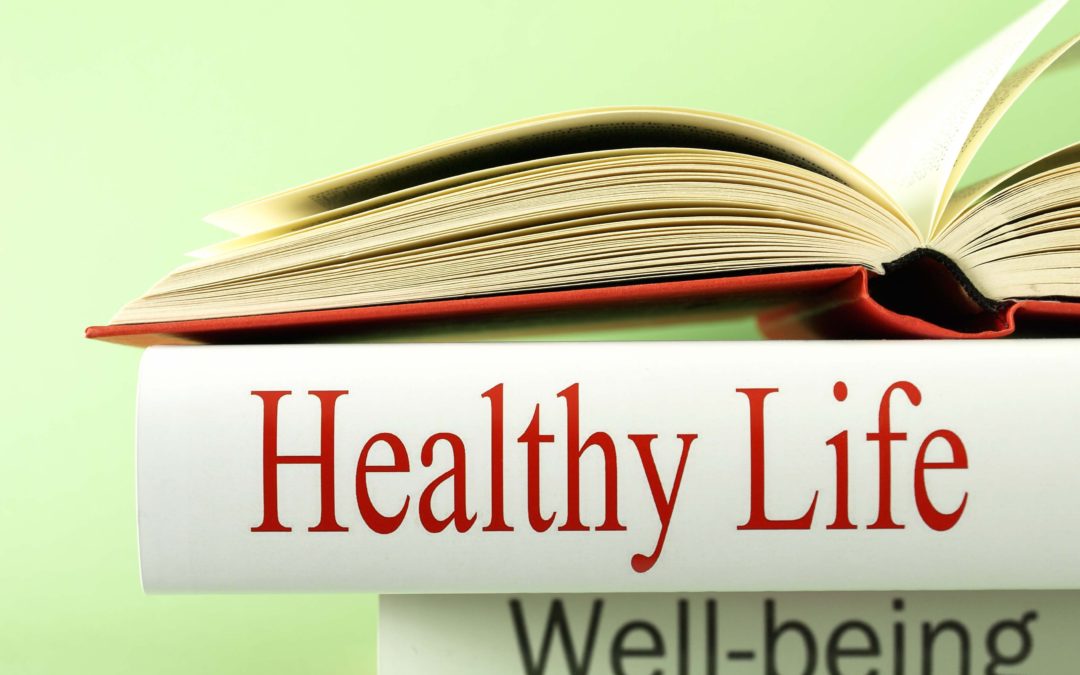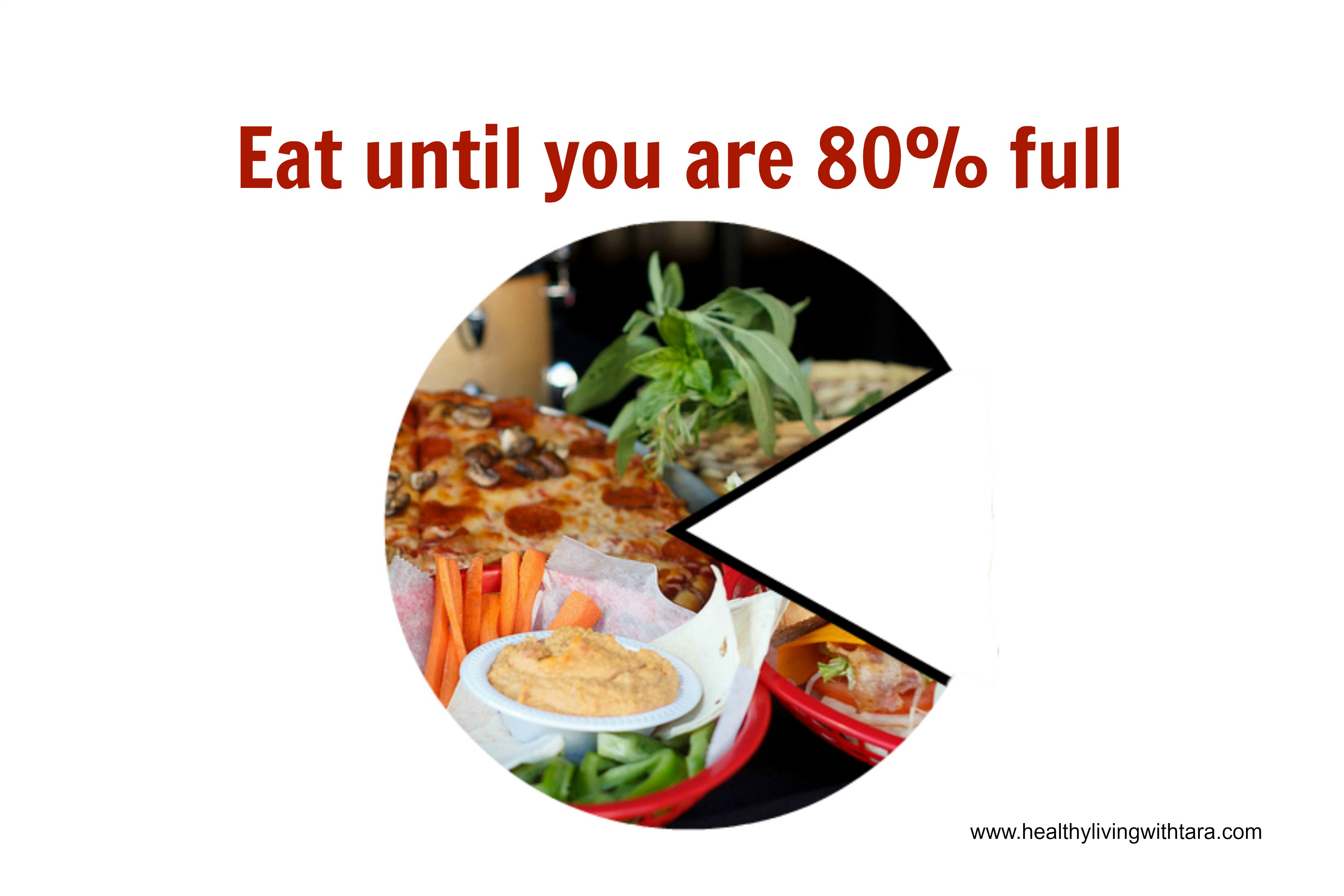
Repressed Anger is a Four Letter Word
Today I’m featuring a guest blog from the inspiring Elicia Miller, aka The Candida Expert. Elicia was an expert guest on my Radiance at Any Age summit. In addition to being a Candida Expert, she is also a Motivational Speaker, Author, Certified Holistic Health Coach, Core Emotional Healing, Inner Child and Journaling Facilitator. Elicia believes that “your symptoms are a gift” and you must find the emotional root cause of your symptoms.
Anger is a normal emotion, one that all of us experience from time to time. So many of us hold onto anger because we think that it is the right thing to do, we don’t want to upset the apple cart. Repressed anger tends to have deep roots, going all the way back to childhood, and it can be hard to manage by yourself. But learning to express anger can protect your heart, mind, and overall health.
Read on for Elicia’s featured post:
I didn’t learn how to tap into my repressed anger until I was in my late 30’s. The unprocessed anger sitting in the pit of my stomach caused me to numb out using alcohol and drugs in my 20’s, and once I stopped those, I turned to food binges.
My repressed anger manifested in Candida yeast overgrowth and feeling victimized by the emotionally unavailable men I would attract into my life.
Anger is usually avoided like the plague. Most people were taught that anger is bad and you should never get angry. Anger, though, like all emotions, is healthy and needed.
Anger is healthy.
Anger alerts us that we need to set boundaries. It tells us something is wrong and gives us the energy to do something about it. If someone is using, abusing, neglecting or violating you, the healthy response is to get angry and say STOP, and then if it continues, to take other self-affirming actions.
I hear people say they processed anger by talking about how pissed they were. That is like saying you processed grief by saying how sad you are. Both are thinking and talking about your emotions and not feeling them.
How anger gets repressed.
So where does repressed anger come from? As innocent children we are 100% dependent on our caretakers. Most of us grew up in dysfunctional homes where our parents were not taking care of their own emotional needs and so they didn’t take care of ours. They left us crying in the crib, they told us not to feel the way we do, or act the way we do. They may even have failed to protect us from sexual and other abuse in the home. We had every right to feel angry but we didn’t express it; we repressed it to protect ourselves. We shut down, acted “perfect” and left our bodies to not feel the pain and anger. Back then, this actually served us well. However, when we experience neglect or abuse later in life, we tend to follow the same outdated patterns that can end up resulting in various symptoms and struggling to get what we really want.
The missing piece.
As adults, a lot of people are doing everything “perfect” to get healthy, including eating right, seeing healthcare providers, exercising and meditating. Many are still suffering from chronic symptoms, depression, anxiety, and dysfunctional relationships though. Often, people using spiritual principles jump right over anger to forgiveness. They aren’t fully embodied and are still living unconsciously from their pain. You know it when they are talking love and light but you don’t feel their peace or see it in some of their actions.
Many people acknowledge that there is an emotional root cause to their symptoms so they try tapping (EFT), hypnotherapy, Reiki, affirmations and other forms of healing to clear the emotions. In my experience, while these provide temporary relief, the patterns of learned pain avoidance and anger repression are maintained. The problem with many of these approaches is nobody is actually feeling the repressed anger. You can’t talk about it, tap it out or have someone else clear it for you. You have to feel the anger.
Let go of the anger.
Try this next time you get triggered and feel angry: (when you are alone) take a pillow with two hands, lift it over your head and bash it down on your bed while screaming “FUCK YOU!!!”. Repressed emotions are stuck energy and you need to move the energy with your whole body. You feel it? Now yell “FUCK” …it comes from your gut, where the anger is buried. Anger is a four-letter word. You will also notice during the anger release that other long-buried emotions are also released, including sadness and joy. Also with the release, comes more energy!
Anger is an empowered emotion. It moves you out of your shame, despair, hopelessness and stuck sadness and into courage, determination and love. Once you express what’s repressed, your heart will open, forgiveness arises naturally, and you move on in gratitude.
Explore your defenses.
If this topic turns you off or makes you uncomfortable than there is more to explore, such as your unconscious beliefs: “mad is not okay, it is not safe to feel, my feelings don’t matter and I’d rather think (not feel) about my feelings.”
Anger release is a part of a more complete, effective and efficient emotional healing process that I’ve developed to live a more fulfilled, free and joyful life as the real you. Click here to learn more.
Optimal health involves addressing and resolving your anger and other emotional traumas as quickly as possible — without letting old emotional wounds contribute to more negativity, and therefore disease, in your mind and body.
Many thanks to Elicia Miller for allowing me to share her article! Elicia’s website is http://eliciamiller.com/. Elicia is the author of Detox 101 eBook and coauthor of the book One Crazy Broccoli .
Keep well and thanks for reading.


